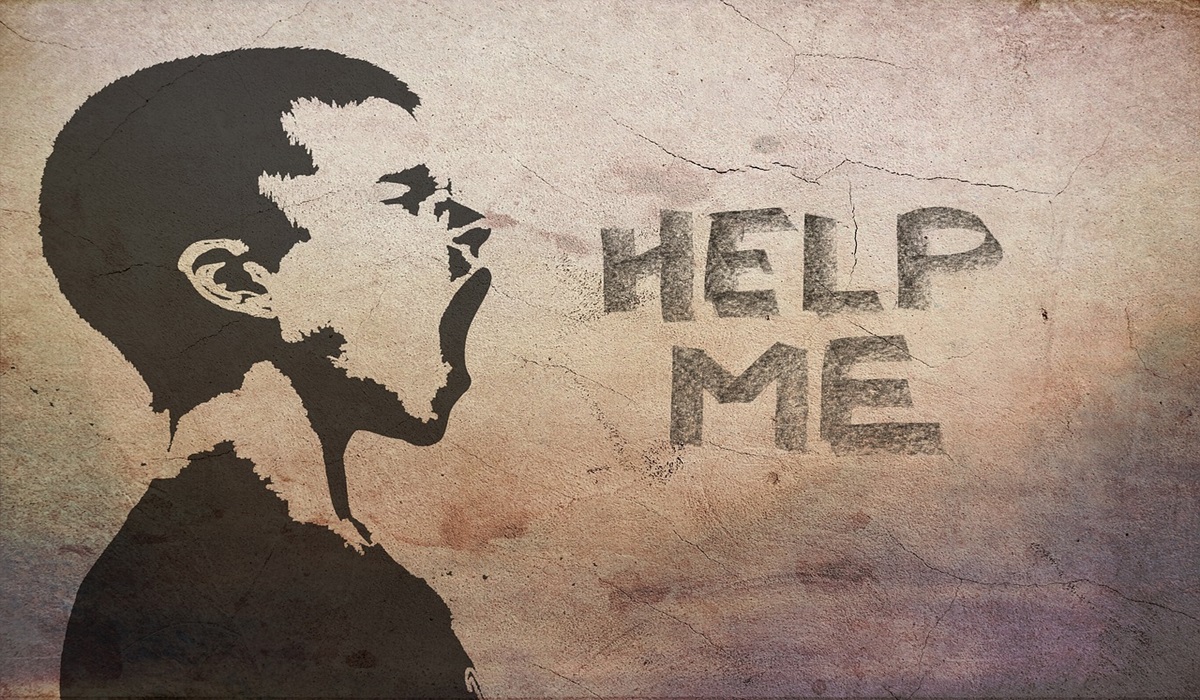Going Up in Smoke: From Stigma to Celebration – The Evolution of 4:20
- Ingrid Jones
- Trending
- Western USA
- World News
- April 20, 2023

4:20, also known as “Weed Day,” is a term commonly used by cannabis enthusiasts around the world to celebrate and advocate for the legalization of marijuana. The origins of 4:20 can be traced back to a group of high school students in California who, in the early 1970s, would meet up at 4:20 PM to smoke marijuana. Today, 4:20 has become a global phenomenon, with millions of people celebrating the day every year.
In recent years, the legalization of marijuana in Canada, parts of the United States, and many places in Europe have given new meaning to the 4:20 celebrations. With the stigma around marijuana slowly fading away, people are now able to celebrate 4:20 openly and proudly without fear of persecution.
In Canada, the legalization of marijuana in October 2018 has sparked a new debate around justice and fairness for those who were previously charged with minor possession offences. While possession of small amounts of marijuana is no longer a criminal offence in Canada, many people still have criminal records for possession that occurred prior to legalization. In response, several Canadian provinces have launched programs to expunge the records of those charged with minor possession offences.
The legalization of marijuana has also led to a surge in creativity around the many names that are given to marijuana. Commonly known as weed, pot, or cannabis, marijuana has a vast array of nicknames that reflect its popularity and cultural significance. Some of the most popular names include Mary Jane, ganja, herb, reefer, grass, Arizona, Dope, Bud, Flower, Chronic, Skunk, MJ, Green, Sticky icky, Kush, Hashish, Hash, Bhang, Hemp, Spliff, Blunt, J, Joint, Doobie, Roach, Mota, Smoke, Trees, Magic Dragon, Gage, Blaze, Cheeba, Dagga, Loud, Gas, Wacky Tobacky, Herbally, enhanced, Giggle smoke, Joy smoke, Good giggles, Sweet Lucy, Reeferino, Jazz cabbage, Happy, lettuce, Dank, Mary Warner, Black Bart, Sensi, High grade and Skunk among many others.
The legalization of marijuana has also had a significant impact on the economy, with many companies and entrepreneurs seeking to capitalize on the growing demand for cannabis products. In Canada, the legalization of marijuana has created a new industry, with licensed producers, retailers, and other businesses driving significant growth and innovation. Similarly, in the United States, where marijuana is legal in several states, the industry is expected to generate billions of dollars in revenue in the coming years.
While the legalization of marijuana has been a significant step forward for advocates of cannabis reform, it has also raised important questions about regulation and safety. With more people consuming marijuana than ever before, there is a growing need for education and awareness around the potential risks and benefits of using the drug. In addition, as the industry continues to grow and evolve, there will be ongoing debates around issues such as taxation, marketing, and distribution.
4:20 has come a long way since its humble beginnings as a high school tradition in California. Today, the day represents a global celebration of marijuana, with millions of people around the world coming together to advocate for reform and celebrate the cultural significance of cannabis. With the legalization of marijuana in Canada, parts of the United States, and many places in Europe, 4:20 has taken on a new meaning, reflecting the ongoing debates around justice, regulation, and safety in the cannabis industry. While the future of marijuana remains uncertain, one thing is clear: 4:20 will continue to be a symbol of hope and celebration for cannabis enthusiasts around the world.








